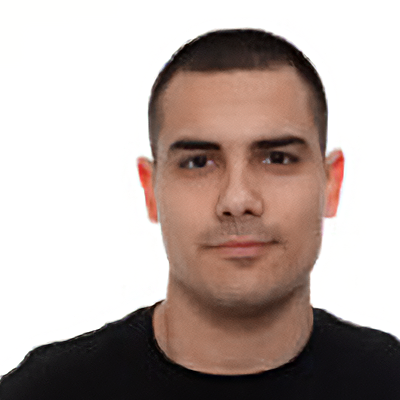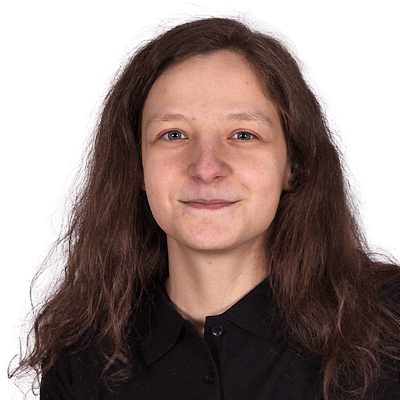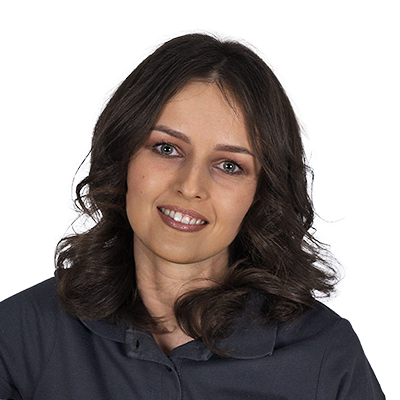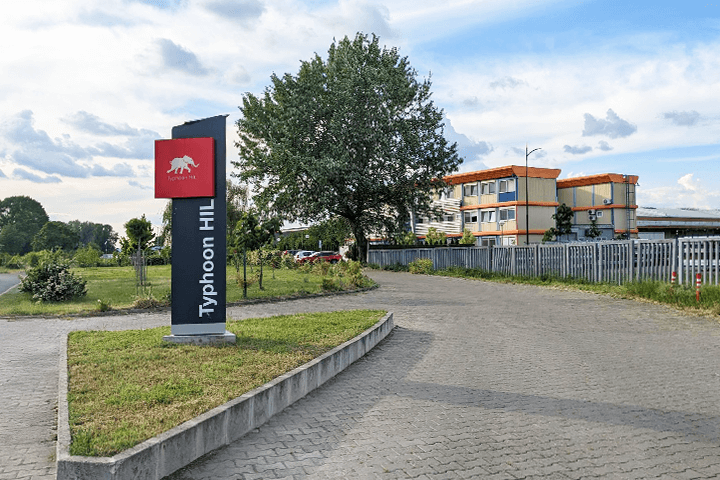Internship – Novi Sad, Serbia
If you are a self-driven, talented individual looking for the opportunity to push the boundaries of the Hardware-in-the-Loop (HIL) technology you are at the right place.
Typhoon HIL team of world-class experts invites you to apply for a Bachelor, Master or PhD internship position and is looking forward to offer you the opportunity to excel in the fields of electronic hardware design, embedded firmware and software engineering, application software engineering, power electronics and power systems modeling.
Joining us for your internship offers several compelling reasons:
- Engage with state-of-the-art hardware and software tools.
- Contribute to solving real-time challenges within the industry.
- Thrive in an environment conducive to both professional and personal growth.
- Experience a supportive team great team atmosphere fostering collaboration and innovation.
- Enjoy flexible working hours and convenient access to an on-site canteen.
- Unlock the potential for employment opportunities upon successful completion of your internship.
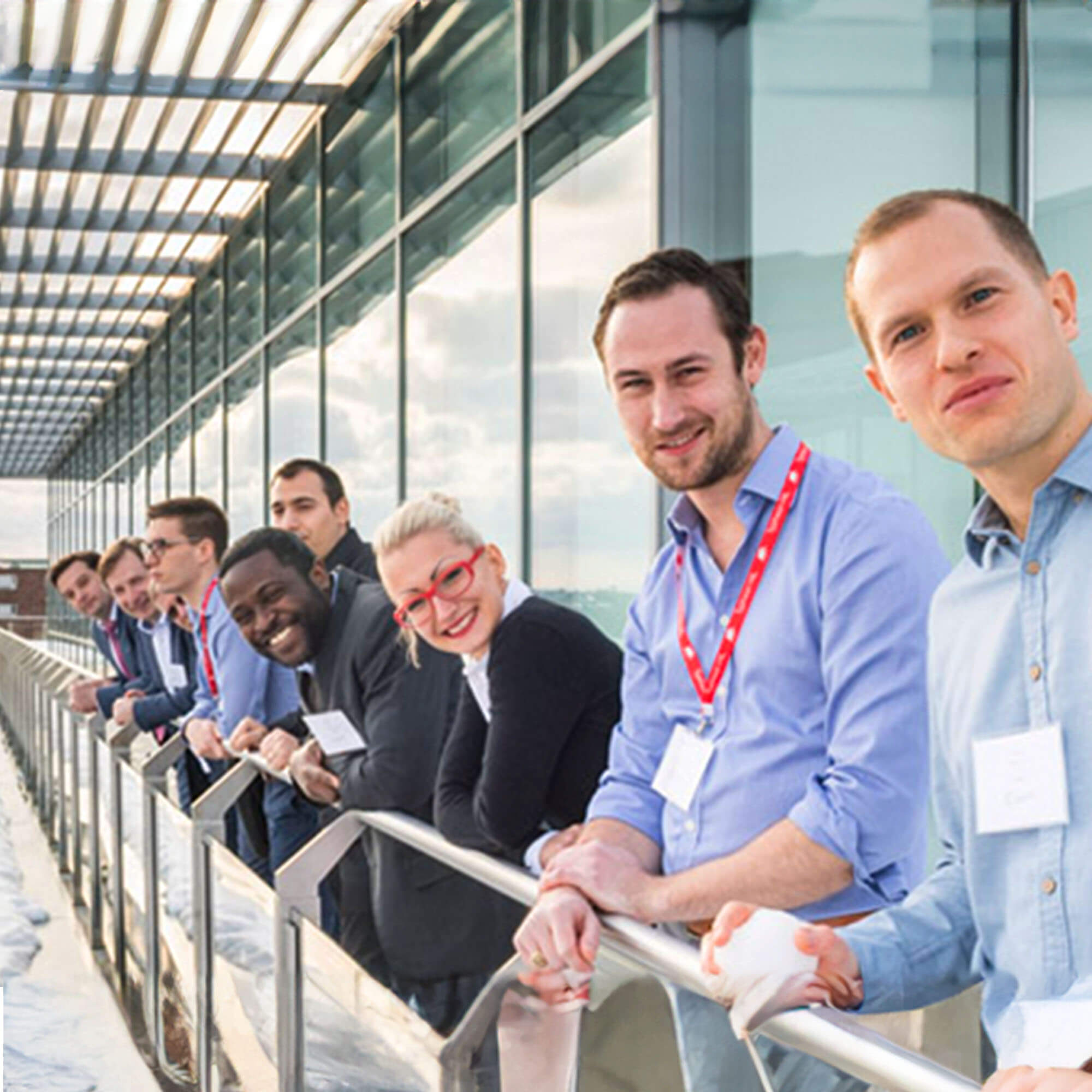
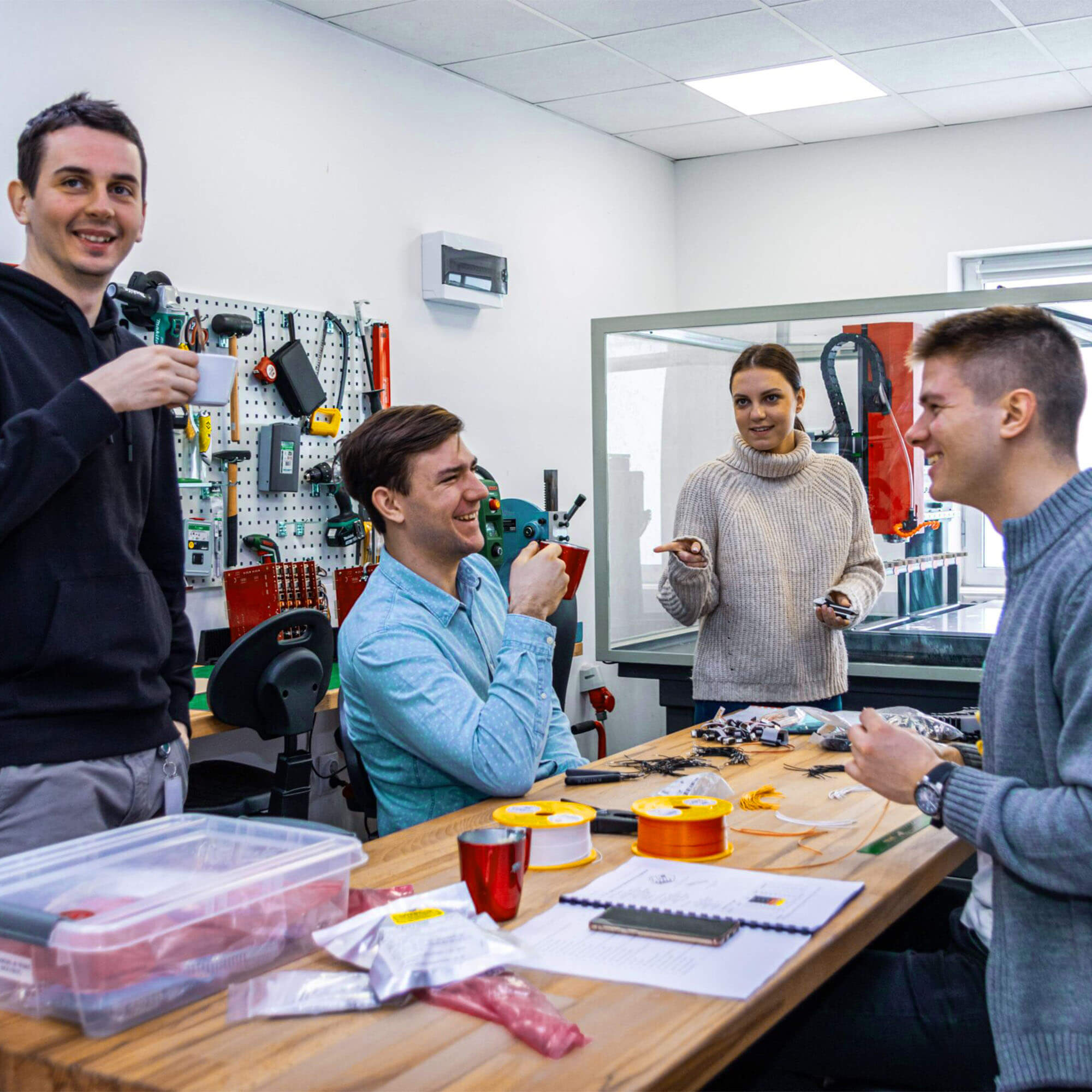
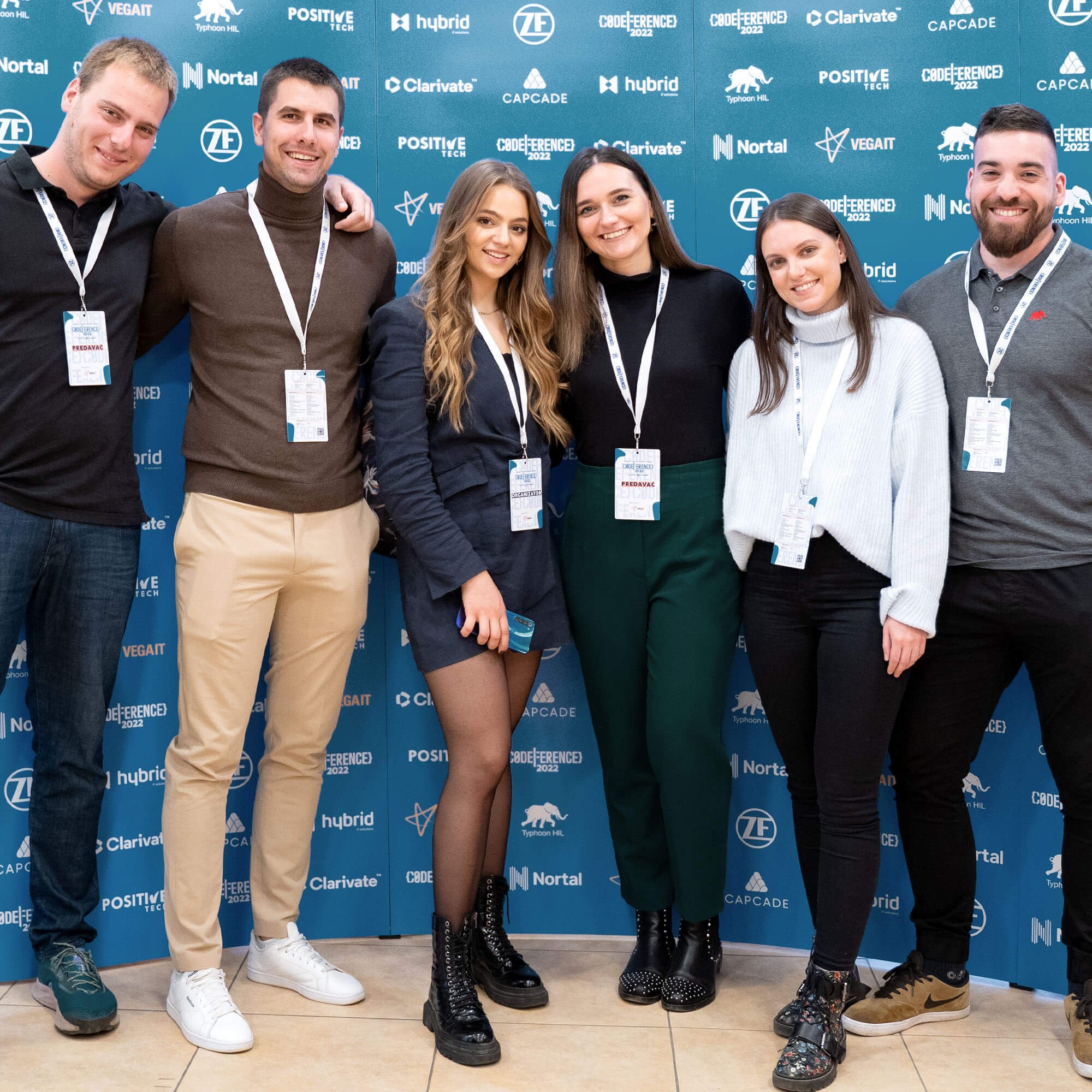
Internships primarily attract students majoring in the following disciplines:
- Power Electronics
- Electrical Machines and Drives
- Power Systems
Additionally, students studying Control Automation and Computer Science/Embedded Systems are encouraged to reach out, and we will explore if there are any relevant topics which are suitable.
Our internship opportunities are highly competitive. Candidates who possess any or all of the following qualifications will be given preference:
- Proficiency in programming, preferably in C or Python.
- Practical experience with converters, microcontrollers, or industrial communication protocols.
- Completion of the HIL Specialist 2.0 Specialization at HIL Academy.
- Participation in the Applications Bootcamp program offered by HIL Academy.
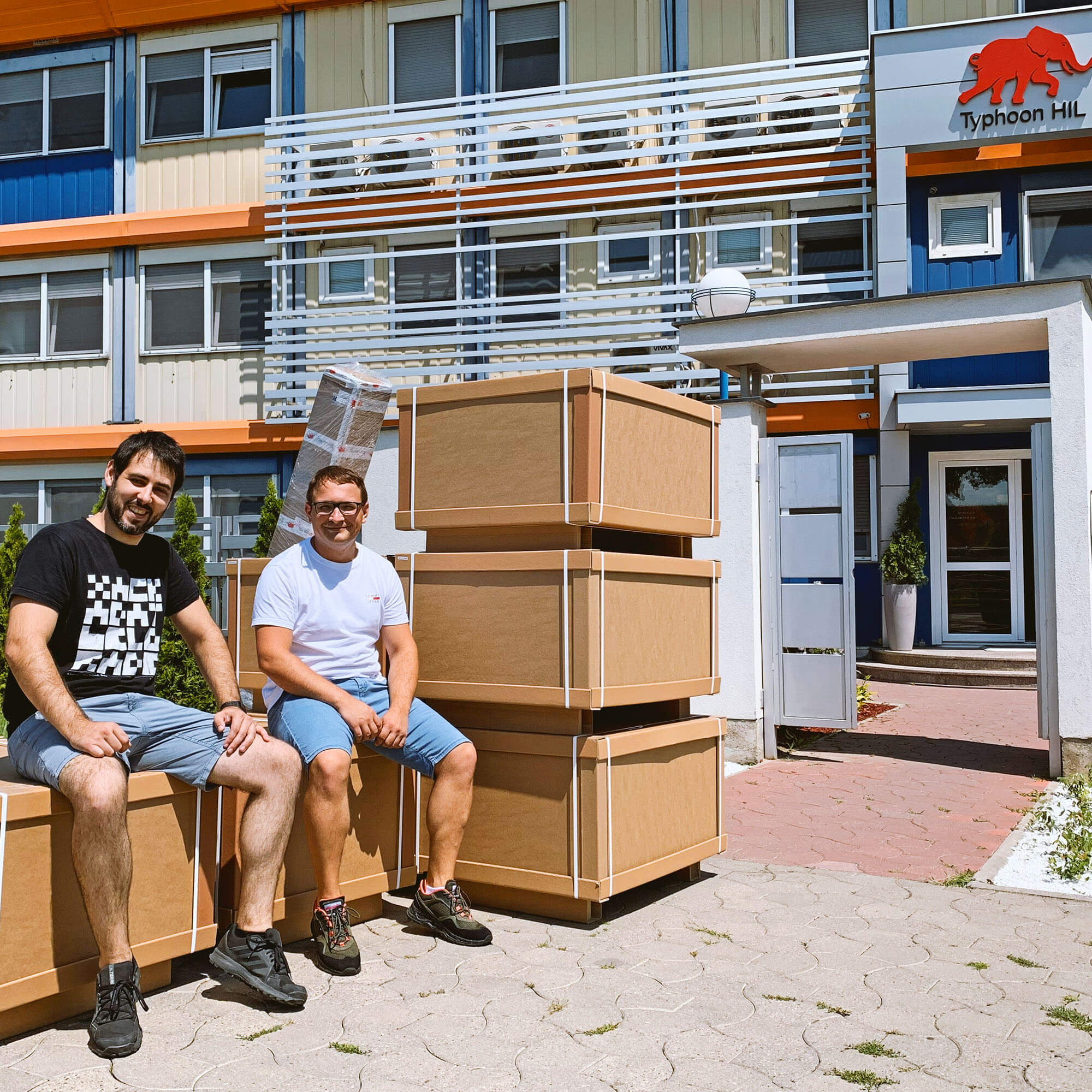
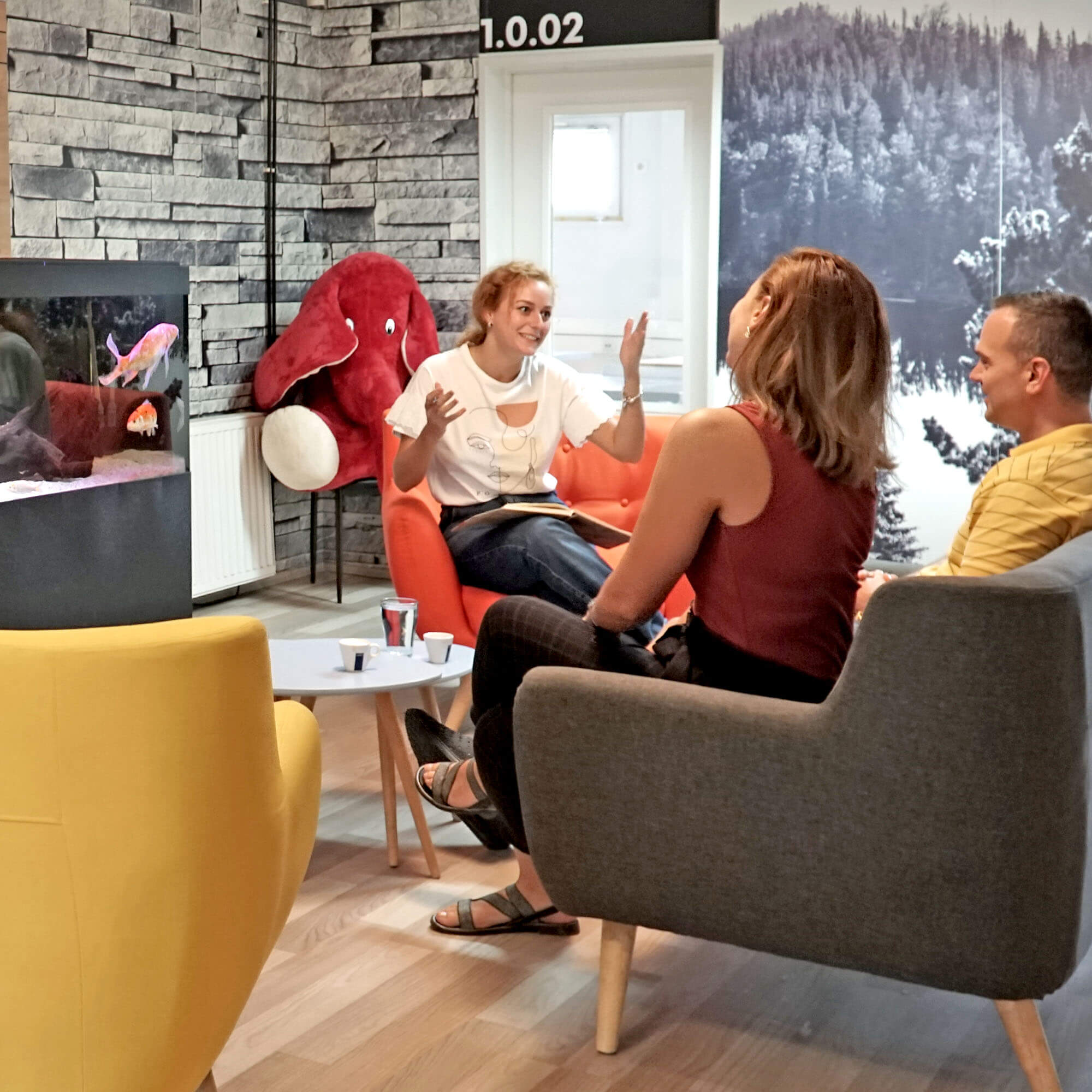
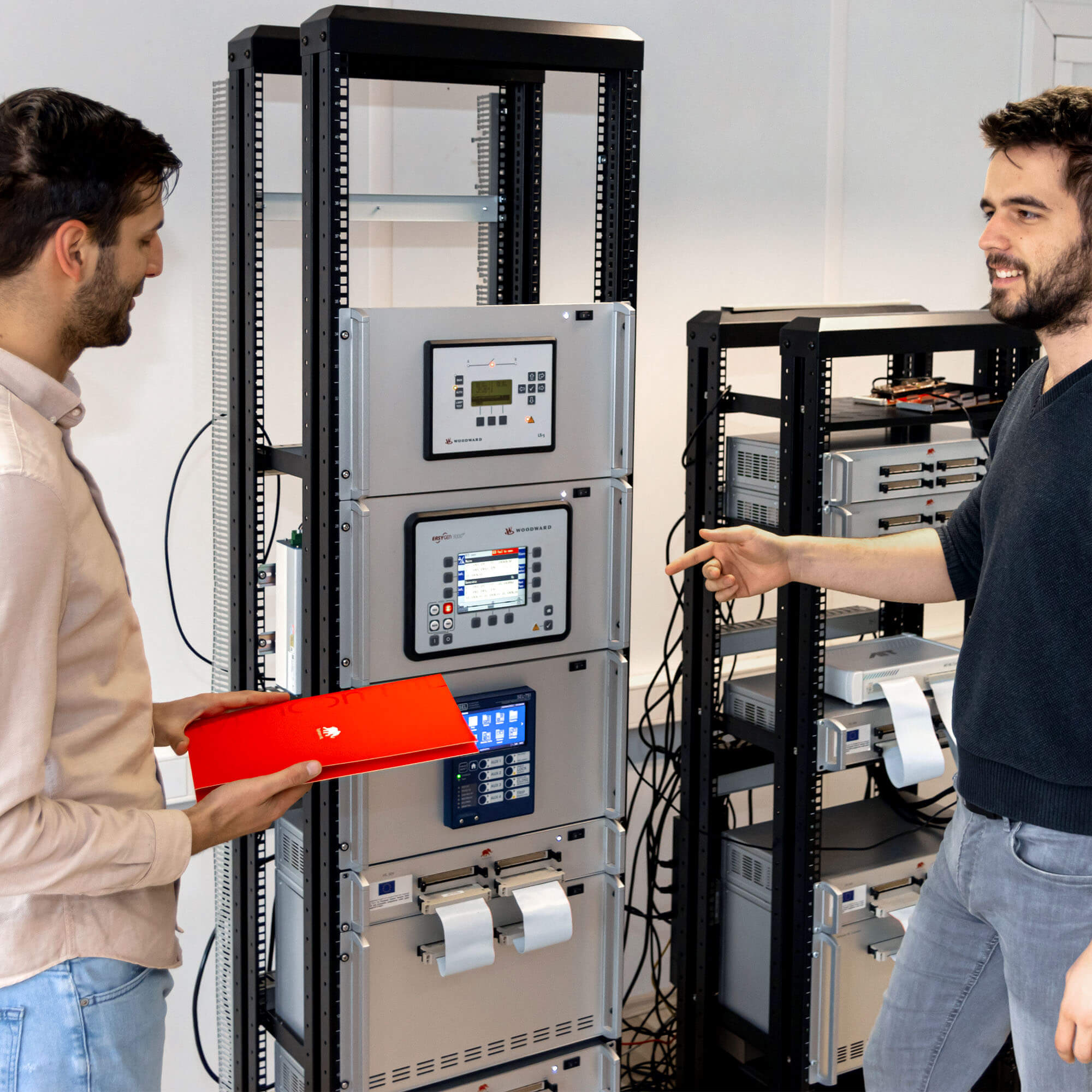
Here are several exemplary projects that illustrate the range of topics suitable for our internship program:
- Component Modeling and Simulation: Modeling converters, electrical machines, and controllers.
- Systems Modeling and Simulation: Simulating systems such as DFIG wind generators, quadcopter powertrains, PV systems, and BMS-controlled battery packs.
- Integration of Real Industrial Controllers: Integrating converters, gensets, relays, etc., with simulated grid models using C-HIL.
- Real-Time Simulation: Adapting physical models for real-time simulation.
- Industrial Communication Protocols: Applying industrial communication protocols in energy systems.
- Signal Processing: Developing signal processing components.
- Rapid Control Prototyping (RCP).
- Fault Modeling and Simulation: Modeling and simulating electrical faults.
- Test Automation: Designing functional tests and test automation for converters.
- Testing Standards Implementation: Implementing testing standards into the test framework.
- Electronics Hardware Engineering: Developing various hardware components.
- Software Development: Implementing various software solutions, including UART serial applications, EtherCAT master implementation, etc.
- Code Generation: Generating code from visual schematics using technologies like Python and Jinja2.
- SCADA Software Development: Transitioning SCADA software persistence format from legacy XML to custom DSL using Python and parsers.
- Custom Tool Development: Developing custom tools such as JSON parsers, model-based visual diff tools, quick search tools, etc.
- Version Control: Developing utilities like Git history scrapers for version control.
Deadlines: Internships are offered year-round for the Software, Hardware, and Embedded Software teams, while they are offered within two distinct time slots for Applications Engineering, Modeling, and Test Automation teams, as follows:
- The Spring semester, extending from February 15th to May 15th, required applications to be submitted by January 15th.
- The summer semester, extending from July 15th to October 15th, required applications to be submitted by June 15th.
Hours: The exact number of working days and hours per week are negotiated individually with each candidate and offer flexibility. However, a minimum commitment of 4 hours per workday is required.
Location: Internships for engineering roles in Europe are based at the R&D center in Novi Sad, Serbia. Currently, fully remote internships are not offered.
Compensation: Longer internships (2-3 months) typically align with the agreed-upon working hours for compensation.
Please send your resume, cover letter, and academic transcript to [email protected].

